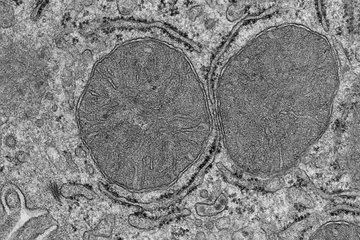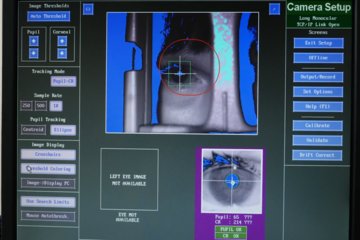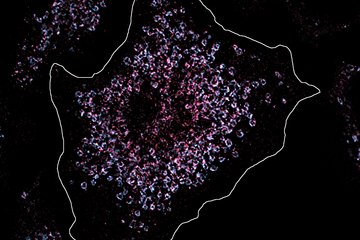Cancer drug enters Phase I study
Triple kinase inhibitor increases visibility of tumors to the immune system
The biotech company Qurient received a clearance from the U.S. Food and Drug Administration for its investigational new drug application (IND) for Q702. The technology for the orally available immuno-oncology therapeutic small molecule, targeting different tyrosine kinases, originated from the Max Planck Institute of Biochemistry. Qurient plans to initiate a Phase 1 clinical study in patients with advanced solid tumors for whom standard of care therapies are currently ineffective.

The Phase 1 study is expected to begin in 3Q2020 and is designed to evaluate the safety, tolerability, pharmacokinetics, pharmacodynamics, and preliminary anti-tumor activity of Q702. The study will be conducted at multiple clinical centers in the United States. “IND clearance for Q702 is an important milestone presenting a novel drug candidate that not only boosts immune cells in the tumor microenvironment but also makes tumor cells more visible to immune system,” said Kiyean Nam, Ph.D., CEO of Qurient. “We believe Q702 may have an important role in the cancer immunotherapy, improving clinical responses in patients who are unresponsive and/or refractory to currently available immunotherapy.”
Q702 is an orally available, selective Axl/Mer/CSF1R triple kinase inhibitor showing significant in vivo activity as monotherapy as well as in combination with anti-PD-1 antibody. Q702 not only modulates innate immune components such as myeloid derived suppressor cell, tumor associated macrophage in tumor micro-environment, but also increases MHC I expression in tumor cell.
Technology transfer
The Axl inhibitor program was licensed from Max Planck Innovation, the technology transfer organization of the Max-Planck Society, and the Lead Discovery Center (LDC) at lead stage and further optimized by Qurient. The research program initially originated from Axel Ullrich’s laboratory from the Max Planck Institute of Biochemistry, Martinsried/Germany. “We are excited to see the progress in this project and are looking forward to the application in humans in the near future. With Qurient, we have identified an ideal partner for this project and we are more than happy about the results of our strategic partnership with them,” said Matthias Stein-Gerlach, Senior Patent and Licensing Manager at Max Planck Innovation.
”Reaching a clinical candidate for development is one of the most important milestones in our partnerships,” adds Bert Klebl, CEO and CSO of the LDC. “Starting an early-stage collaboration with Ullrich’s lab from Max Planck, leading to a licensing agreement with Qurient, we jointly mastered the pharmaceutical research phase and are now very eager to receive the results from this drug candidate in patients. Starting with this program, we have since built a sustainable and strong partnership with our partner Qurient, focusing on the translation of innovative biology and drug discovery programs from LDC’s academic network.”












